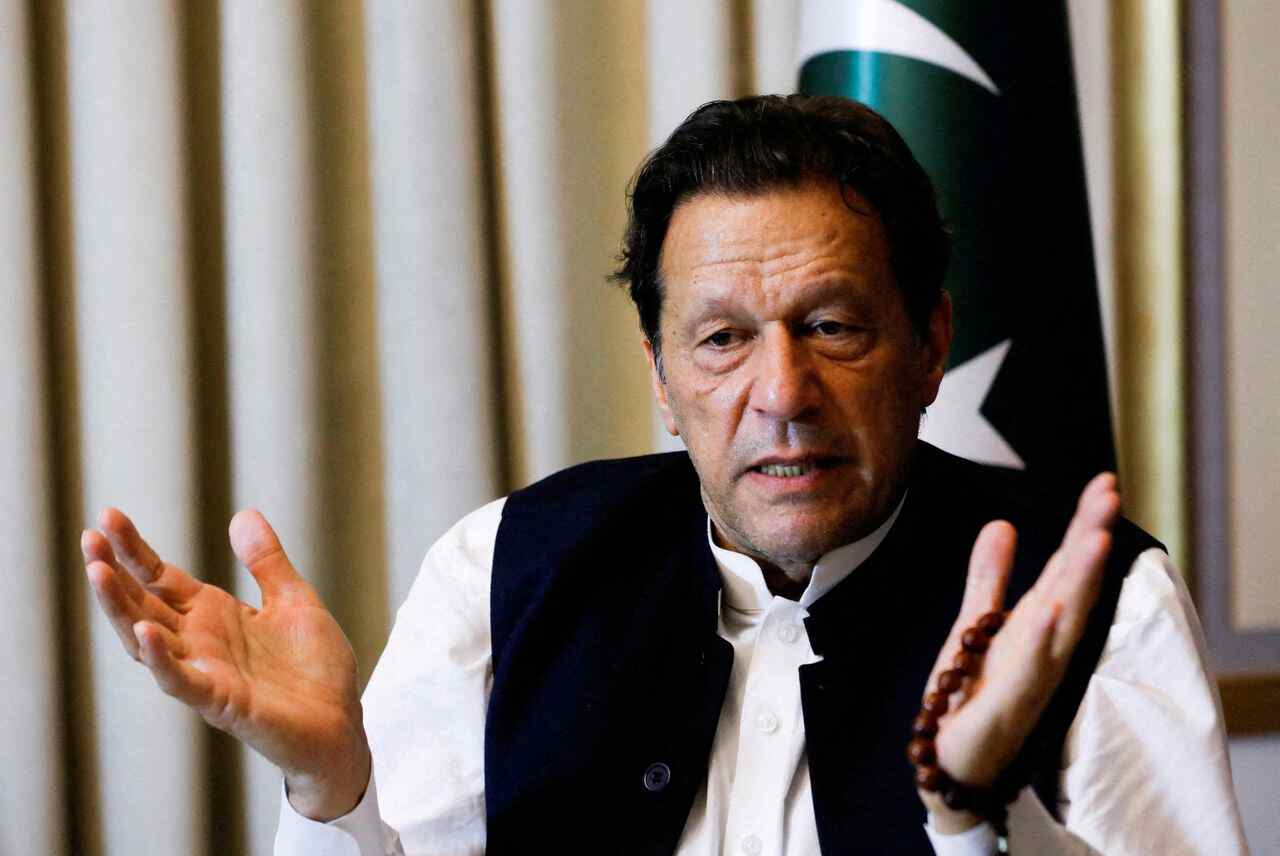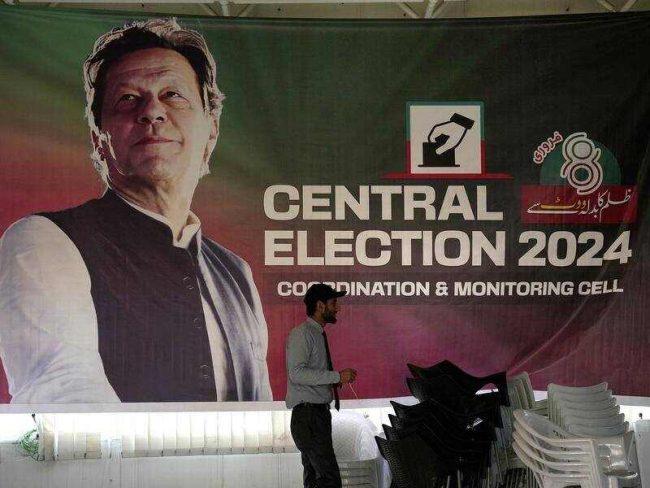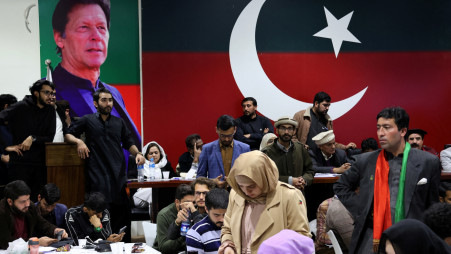
Can the victorious candidates of Imran Khan form a government in Pakistan?

Pakistan is still five days away from learning which political parties will form the country’s next administration or who may be prime minister. The elections were held on February 8.
The elections resulted in a divided mandate despite concerns about the impartiality of the environment in which they were held, claims of major manipulation and three-day-long disputes to the integrity of vote counts.
The candidates connected to former prime minister Imran Khan’s Pakistan Tehreek-e-Insaf (PTI) are leading with 93 seats. These candidates had to run as independents without their electoral emblem the cricket bat.
After them comes the Pakistan Muslim League-Nawaz (PMLN) led by three-time former prime minister Nawaz Sharif. With 75 seats won the party is theoretically the largest in the National Assembly despite the fact that this number represents less than one-third of the 266 seats that were up for election on February 8.
The Pakistan People’s Party (PPP) which has 54 seats and is led by former foreign minister Bilawal Bhutto Zardari is in third position.
In the National Assembly, a party or coalition can form a government with a simple majority of 134 members out of 266 seats that were up for voting.

A coalition may be made up of independents who have gained seats or many parties.
The independent candidates have the option to create an alliance with the party seeking to form government or they can formally join it while maintaining their own identities.
The PTI-backed independents might theoretically form the backbone of a government in coalition with other parties but achieving 134 seats would require their backing which brings with it a number of difficulties.
First of all, it would be challenging to maintain stability. A government of that kind would be vulnerable to defections and eventual collapse since it would be depending on the whims of individual legislators. To establish a government, a party or coalition must hold a simple majority of 134 members in the National Assembly, out of the 266 seats that were up for election.
A coalition may be made up of independents who have gained seats or many parties.
The independent candidates have the option to create an alliance with the party seeking to form government or they can formally join it while maintaining their own identities

